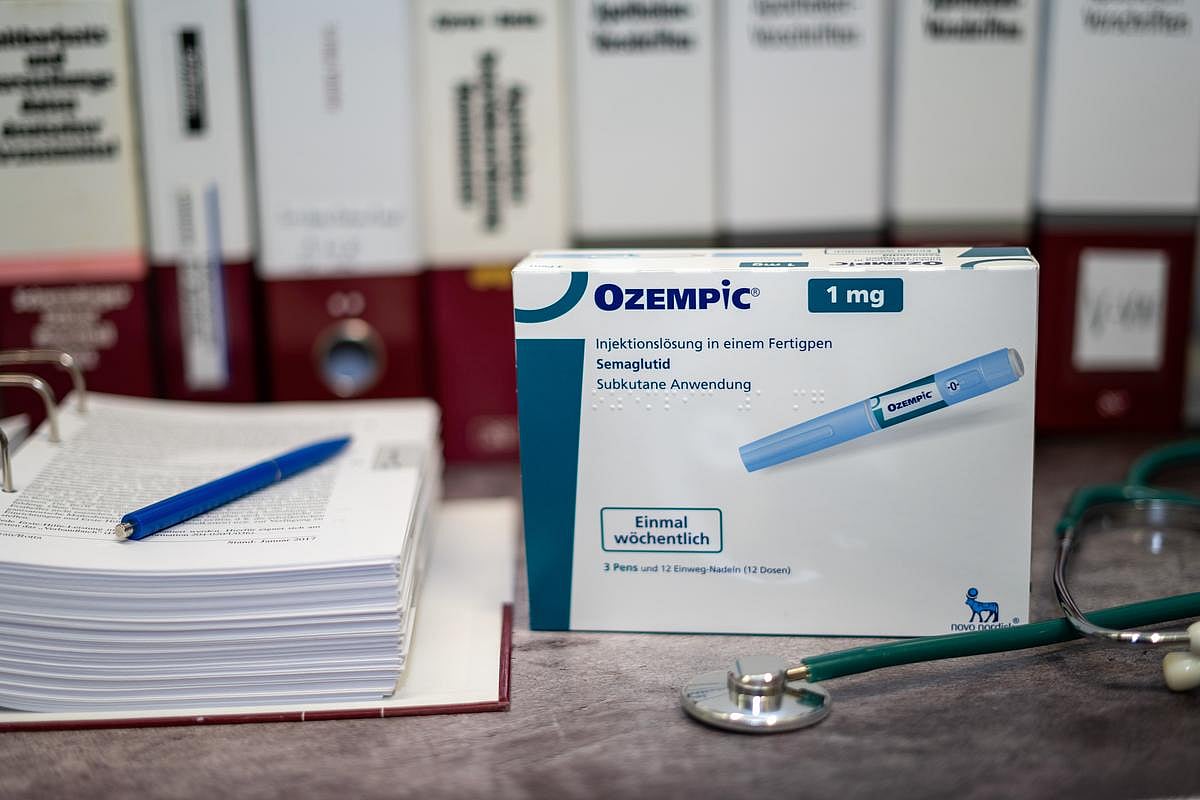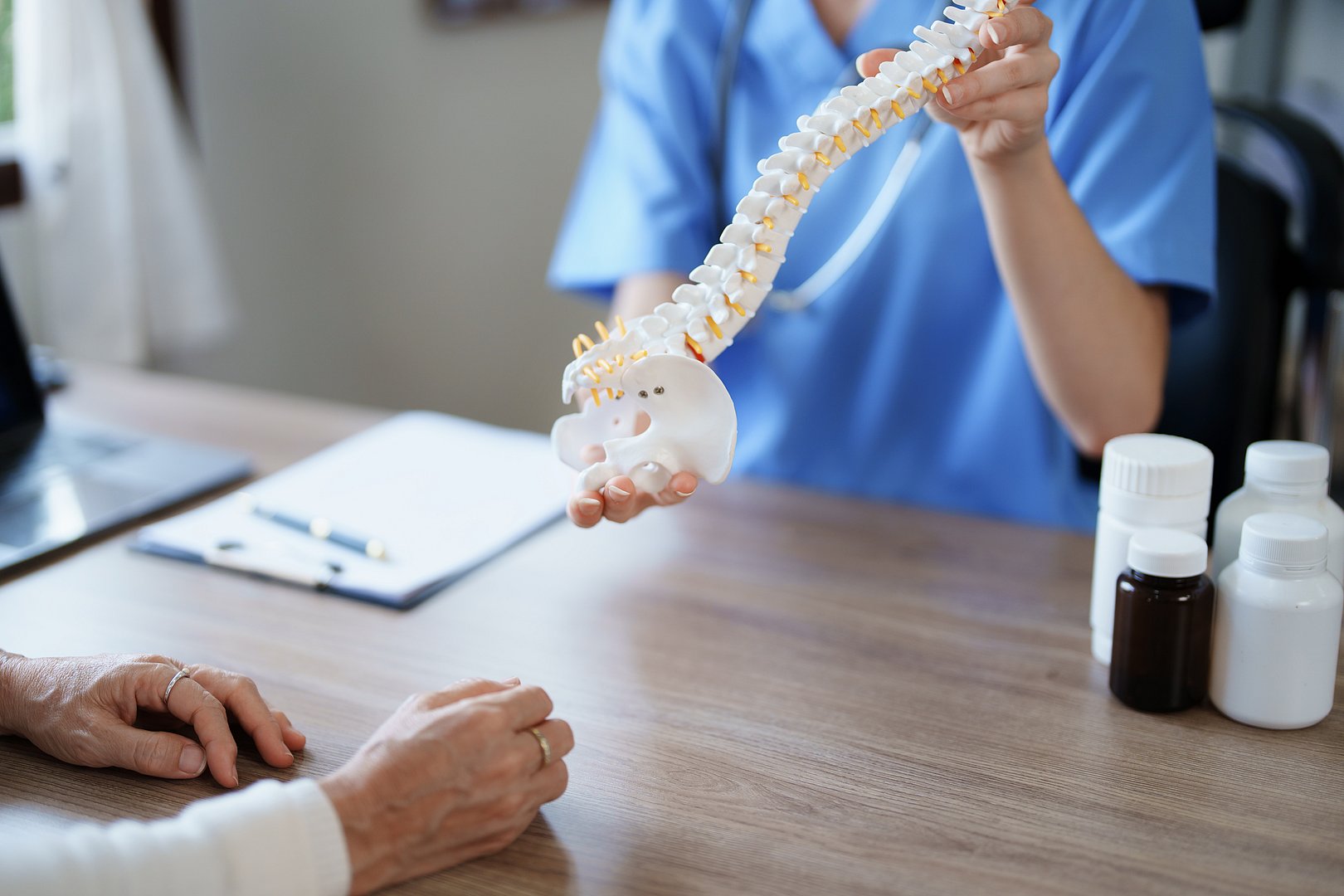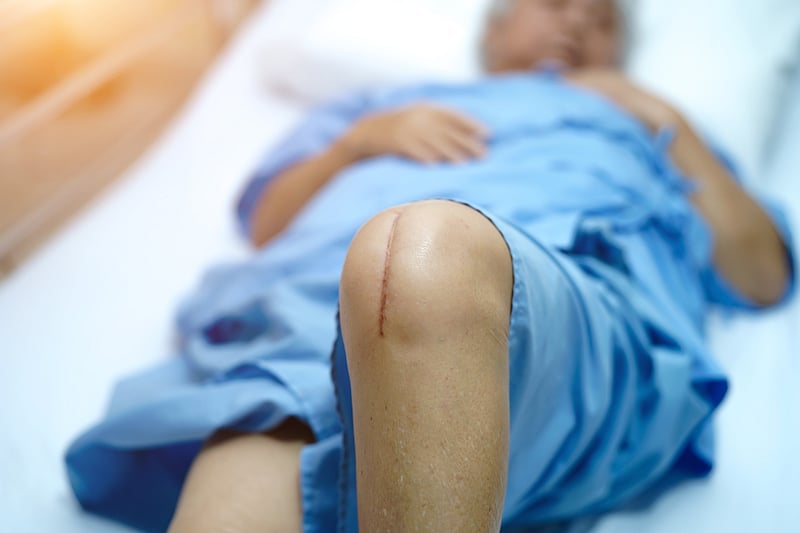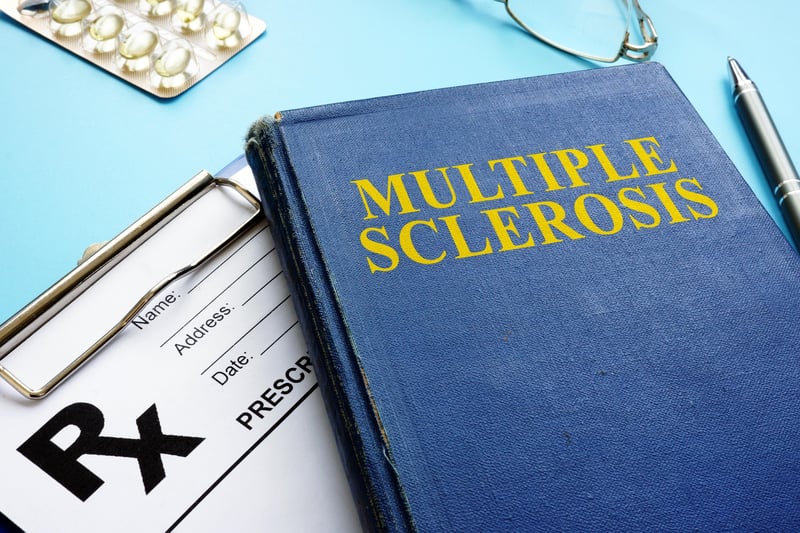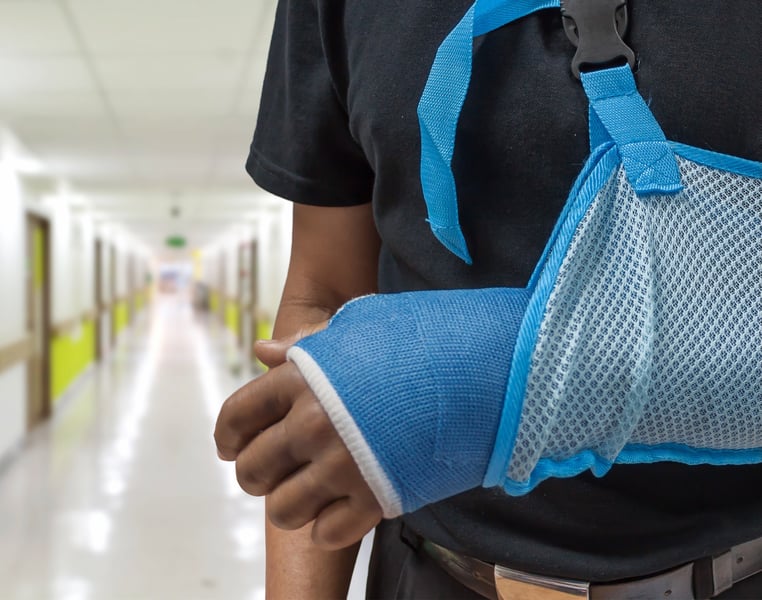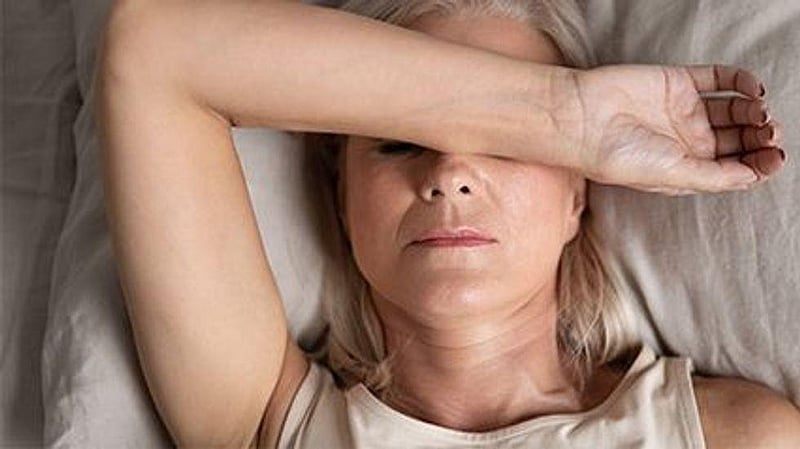Due to a recent change of our website, the process for submitting refill requests online has now changed.
Please click on “Sign Up Today!†to create a new account, and be sure to download our NEW Mobile app!
Thank you for your patience during this transition
Get Healthy!
Results for search "Muscle Problems".
Health News Results - 14
An experimental wireless patch might help injured athletes better recover from muscle tears, sprains and strains, according to a new study.
The patch measures tissue stiffness by sending sound waves along the surface of the body and listening to the resulting vibrations, researchers said recently in the journal Science Advan...
- Dennis Thompson HealthDay Reporter
- |
- September 18, 2025
- |
- Full Page
GLP-1 drugs like Ozempic and Zepbound are great at promoting weight loss, but they also cause folks to lose muscle along with fat.
Experts are now turning their attention toward helping GLP-1 patients maintain muscle while dropping fat, according to a pair of new studies presented at the American ...
- HealthDay Reporter
- Dennis Thompson
- |
- June 24, 2025
- |
- Full Page
A grid of electrodes slapped on a person’s back might soon be able to help treat pain, spasms and paralysis, a new study says.
The electrodes deliver enough low-voltage electrical stimulation through the skin to change the short-term function of nerves in the spinal cord, researchers reported recently in the J...
- HealthDay Reporter
- Dennis Thompson
- |
- May 28, 2025
- |
- Full Page
A patient has died while receiving Elevidys, a gene therapy for Duchenne muscular dystrophy, marking the first known death linked to the treatment.
The company behind the drug, Sarepta Therapeutics, said that the patient suffered acute liver injury, a known side effect, The Associated Press r...
- HealthDay Reporter
- I. Edwards
- |
- March 19, 2025
- |
- Full Page
A new spinal cord implant may help people with spinal muscular atrophy (SMA) regain some muscle function, giving them stronger movement and improved walking ability, researchers report.
In a small, month-long pilot study, three adults with SMA -- a genetic disease that weakens muscles over time -- experienced unexpected improvements after getting an implanted device that stimulates the sp...
- HealthDay Reporter
- India Edwards
- |
- February 5, 2025
- |
- Full Page
The diabetes drug metformin might also benefit older patients after an injury or illness, a small study suggests.
Researchers found that metformin -- a drug that has been around for more than a half-century to regulate blood sugar -- may have a different ability: It can target senescent cells that affect muscle function. These "zombie-like" cells release chemicals linked with inflammation...
- HealthDay Reporter
- Steven Reinberg
- |
- July 28, 2023
- |
- Full Page
Patients who get treatment for multiple sclerosis at the earliest signs of disease may have a lower risk of disability later, new research suggests.
Among nearly 600 patients, there were lower odds of disability and progression among people diagnosed and treated within six months of symptoms onset, researchers report in their new study, published recently in the journal
Lifting weights regularly builds strength and muscle -- and it doesn't matter if those weights are heavy or light.
It's the act itself, and being consistent, that pays off, according to a new study.
All forms of resistance training are beneficial, including body-weight exercises such as planks, lunges and push-ups, according to kinesiologists at McMaster University in Ontario, Canad...
- HealthDay Reporter
- Cara Murez
- |
- July 14, 2023
- |
- Full Page
Drinking heavily while younger puts you at risk for muscle loss and frailty later in life, new research suggests.
These findings are another reason to cut back on the booze, according to the research team from the University of East Anglia (UEA) in the United Kingdom.
"Losing muscle as we age leads to problems with weakness and frailty in later life,"said professor
You can keep an arm in a cast from wasting away, researchers say, by working out your free arm.
A small group of young men who performed eccentric contraction exercises with one arm -- lowering a dumbbell in a slow and controlled motion -- saw a 4% strength improvement in the other arm, even though it was immobilized by a cast at the elbow.
Another group assigned to perform concentr...
- HealthDay Reporter
- Dennis Thompson
- |
- March 7, 2023
- |
- Full Page
One way to maintain muscle strength with age: Get enough vitamin D.
Researchers in Brazil and the United Kingdom found that older folks who were deficient in the vitamin increased their risk of losing muscle strength by 78%.
"Vitamin D is known to participate in various functions. "¦," said study co-author
- HealthDay Reporter
- Cara Murez
- |
- December 19, 2022
- |
- Full Page
Cholesterol-lowering statins are proven lifesavers, but they've also gained a reputation for causing muscle aches and pains in a good number of patients.
That reputation is undeserved, according to a new large-scale analysis of data from nearly two dozen clinical trials of statins.
There's a...
- HealthDay Reporter
- Dennis Thompson
- |
- August 29, 2022
- |
- Full Page
Whether the goal is bulging biceps or just a bit more strength and mass, a relatively light workout several times a week beats a more intense one done just once a week.
That's the conclusion of a small Australian study in which researchers spent a month tracking muscle-building progress among 36 college st...
- HealthDay Reporter
- Alan Mozes
- |
- August 22, 2022
- |
- Full Page
Older women with muscle loss are less likely to have menopause-related hot flashes, a new study finds.
The loss of muscle mass and function (sarcopenia) is one of the most significant changes that occurs with age, and older women are at increased risk due to sex hormone changes after menopause.
Other risk factors for sarcopenia include inactivity, lower protein intake, changes in gr...
- HealthDay Reporter
- Robert Preidt
- |
- November 12, 2021
- |
- Full Page

